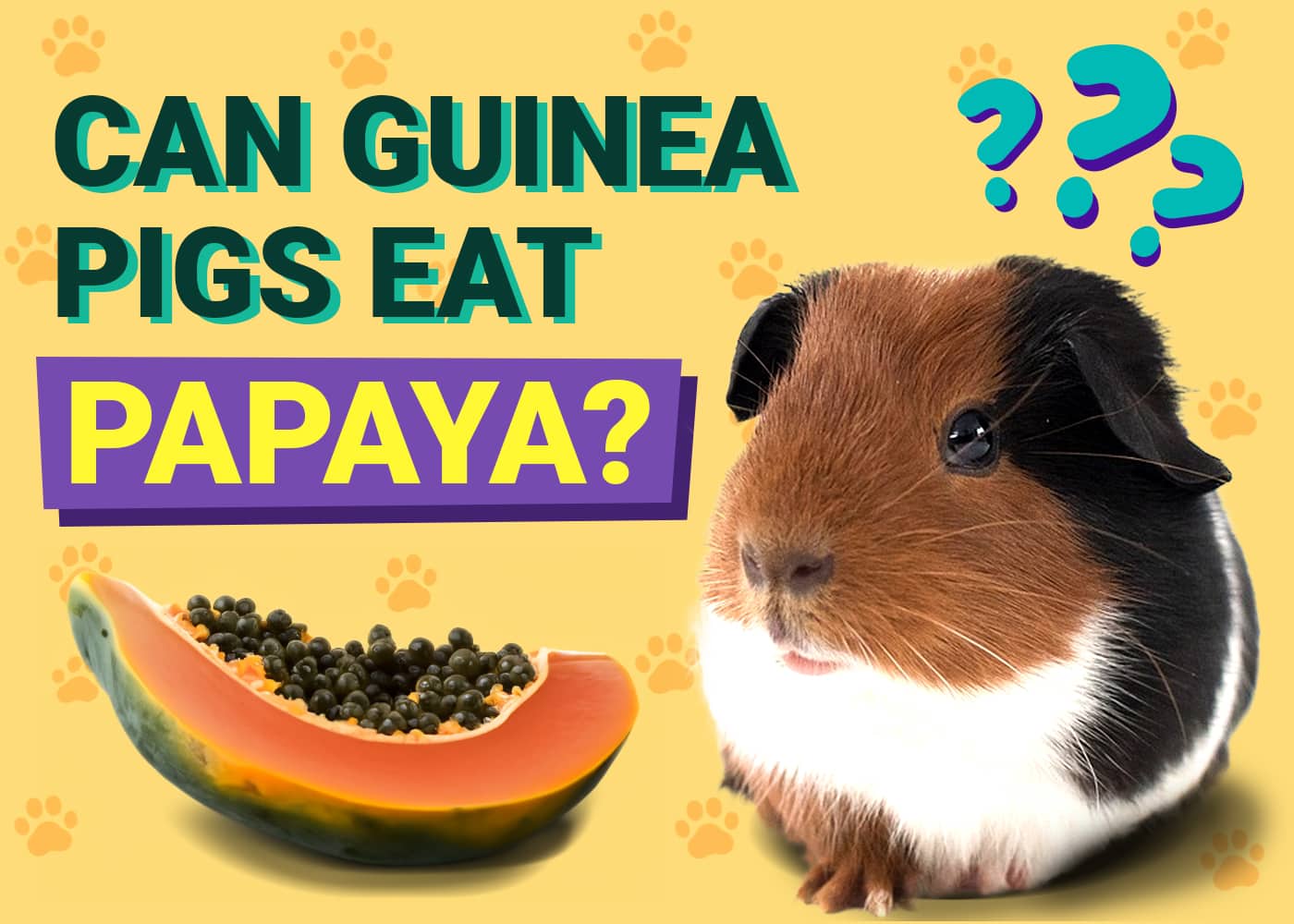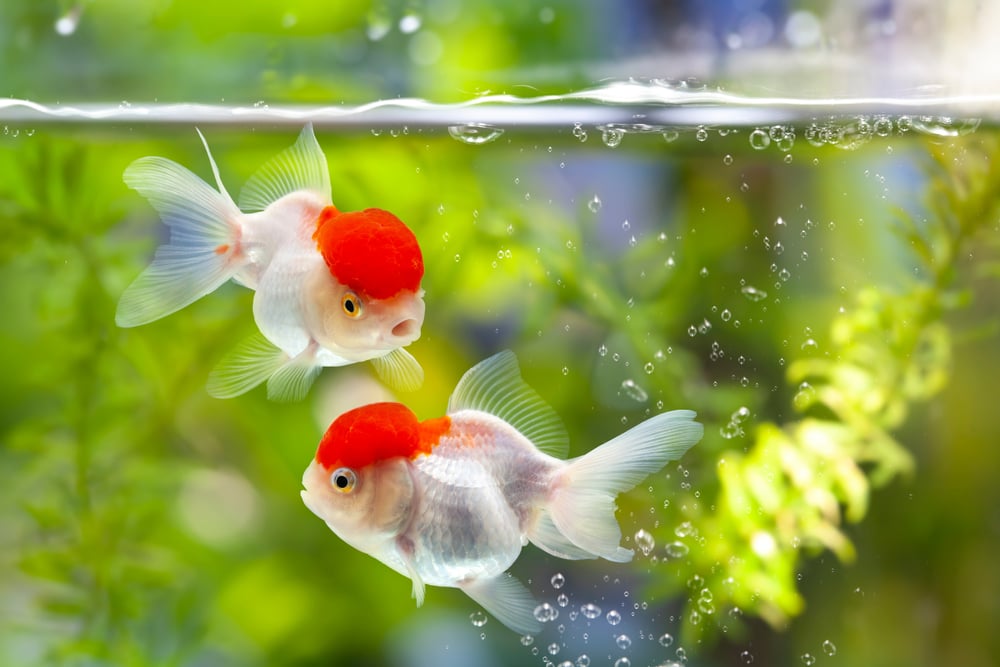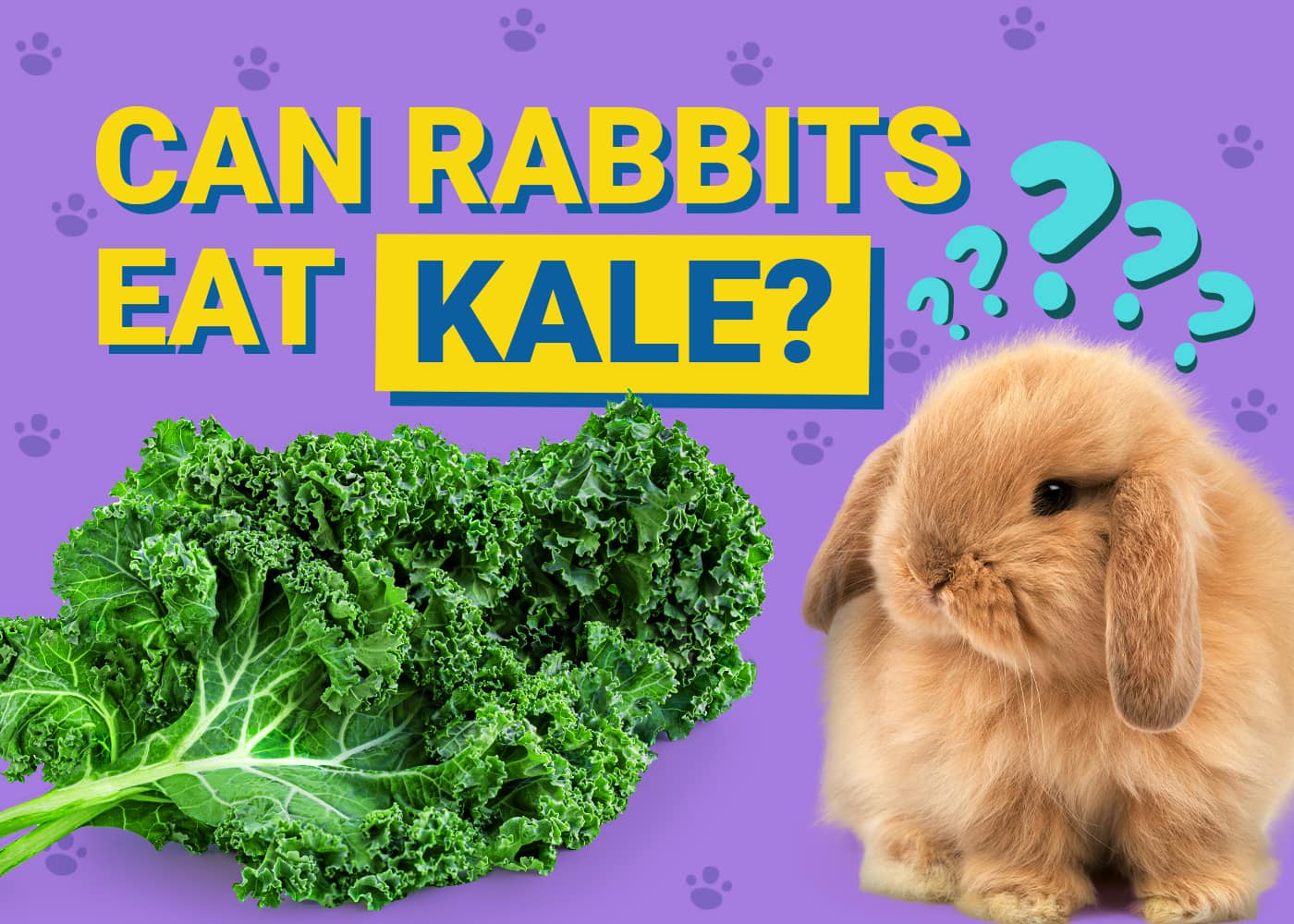Click to Skip Ahead
Horses will eat anything from ice cream to roast beef sandwiches to apples. Most of the treats horse owners give their equines are perfectly fine, but there are some items from your kitchen that horses shouldn’t have in their barn—tomatoes.
Most horses find tomatoes unpalatable and would refuse to eat them. However, other horses are less discriminating, and horse owners should always be on the lookout. Here’s why tomatoes should be way out of your horse’s reach.

Why Are Tomatoes Bad for Horses?
Despite being delicious and a cook’s favorite ingredient, tomatoes are toxic for horse health. These fruits are of the Solanaceae family or the nightshade members, just like horsenettle, tobacco, chili, bell pepper, eggplants, and potatoes.
Tomatoes contain toxic alkaloid elements like atropine, hyoscyamine, and solanine, which are the deadly part of the nightshade family.
For instance, toxic solanine, the poison in the green leafy parts of the tomatoes, causes throat swelling and severe indigestion issues by slowing mobility in the digestive tract. Although they mainly concentrate on the leafy part, these toxins can be present inside the fruit too, and under no circumstance should you encourage horses to eat that.
Hyoscyamine toxins in the tomato fruit also affect horses by disabling their salivary glands, affecting saliva production, and decreasing intestinal mobility. On the other hand, atropine toxins reduce gut mobility, which may not seem like a big deal at first until your equine develops colic and the situation becomes much dire.
Unfortunately, horses do not have compartmented stomachs like cows, meaning their guts don’t exhibit a two-way system. For this reason, there’s no way for a horse that eats tomatoes to expel it as they cannot vomit or burp.
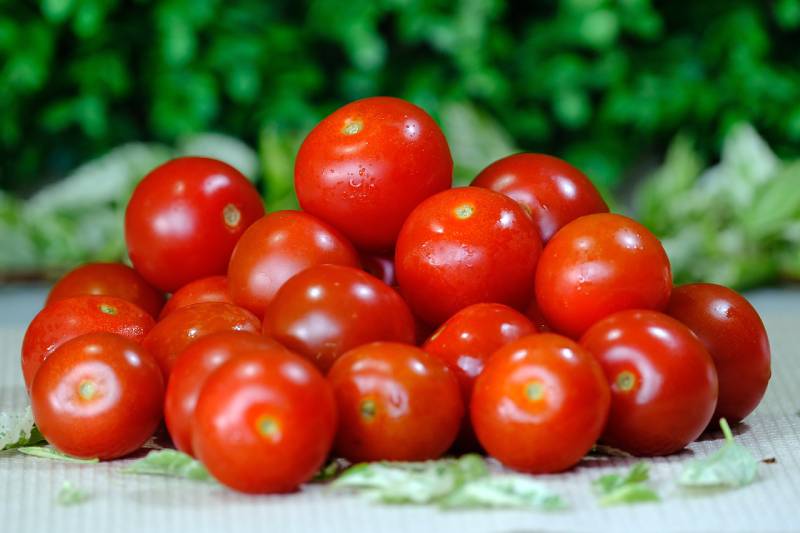
Signs of Tomato Poisoning in Horses
It would be best to protect your horses from reaching for tomatoes. However, in case it accidentally ingests the fruit, you should know the signs. These signs are severe, and the faster you catch them, the higher the recovery chances for your horse.
- Depression and nervousness (the primary alarming signs of tomato poisoning in horses)
- Slow heartbeat and respiratory rate
- Drooling more than usual
- Twisted and twitching muscles
- Colic
- Blindness
- Loss of balance
- Changes in bowel movements may prompt constipation and hemorrhagic diarrhea
- Horse won’t be able to stand
Precautions and Treatment
Unfortunately, horses are not very picky about what they eat and might get poisoned if they ingest the fruits. If you grow tomatoes on your farm, you’ll want to keep the equines as far away as possible.
Apart from tomatoes, it would be best to graze the horses far away from where any other toxic nightshade family plants grow.
Thankfully, horses can recover from tomato poisoning if you catch and diagnose them in time. Be sure to contact a veterinarian immediately you identify the signs as they’ll require emergency care.
Although you may not be sure if the signs result from alkaloid poisoning, the vet will conduct bloodwork and a urinalysis to ascertain the condition.
The veterinarian will include extreme care and administer neostigmine drugs if the horse is lucky enough to come around. He may also use activated charcoal alongside the medication to prevent the digestive tract from absorbing the poison during the remaining supportive treatment.
However, the most effective treatment starts from the stables. Equestrians should pay attention to what they include in their horses’ meals.
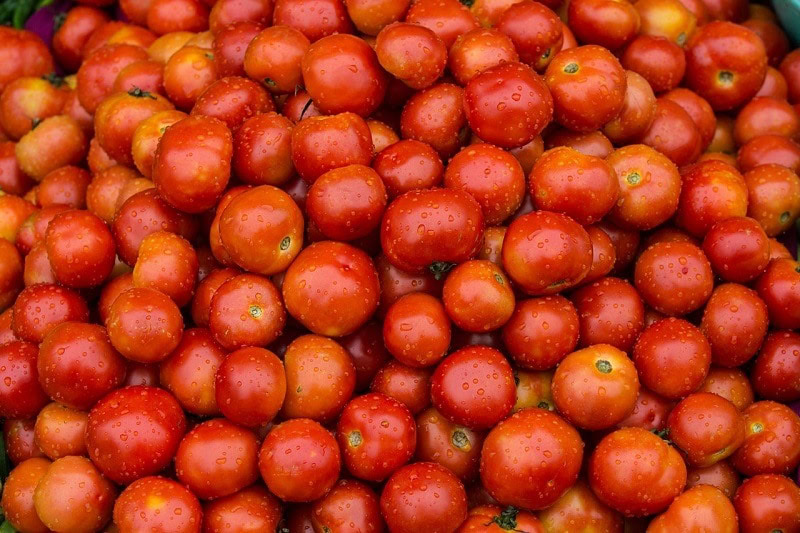

Wrapping Up
Horses are obligate herbivores, meaning that their digestive systems can accommodate plenty of vegetables and fruits. However, some blacklisted plants include tomatoes and other members of the nightshade family.
Some equestrians suggest that one tomato does not adversely affect a horse, but to be safe, avoid providing tomatoes to your horse at all times.
Related Reads:






